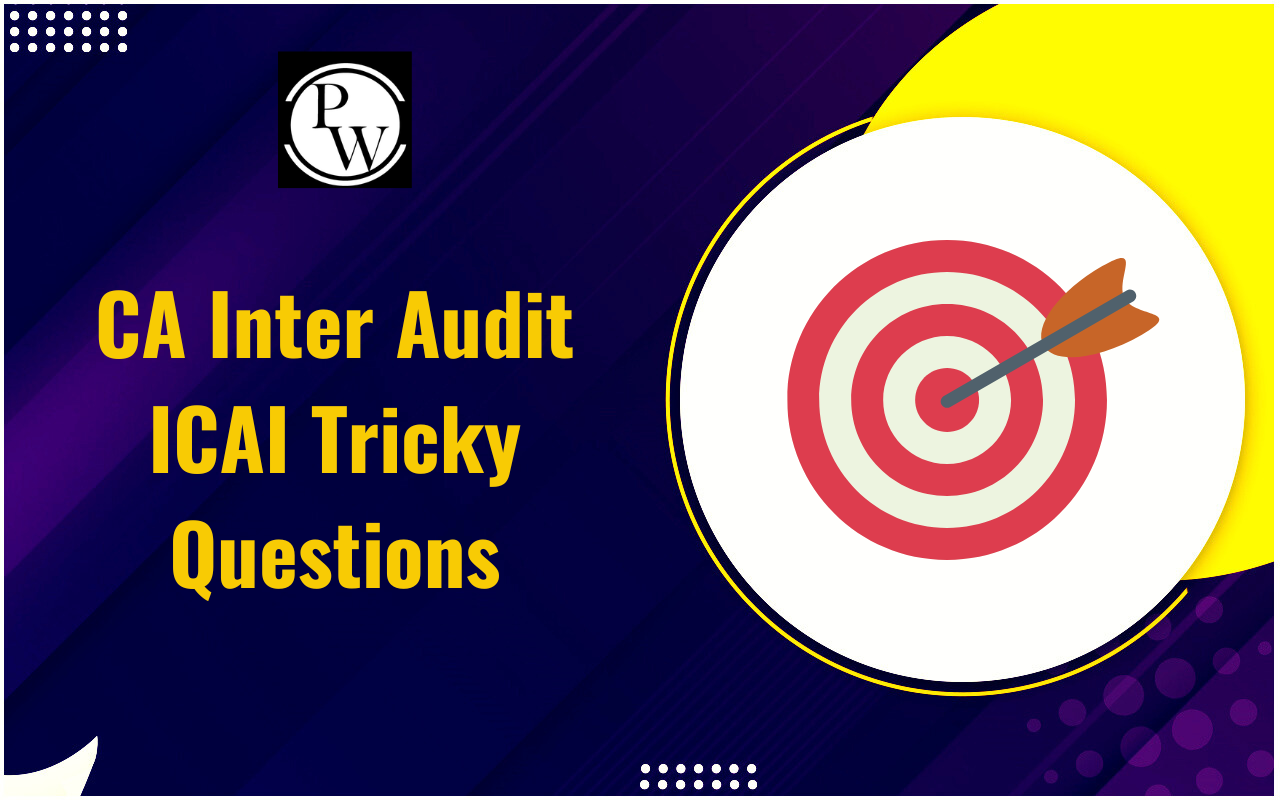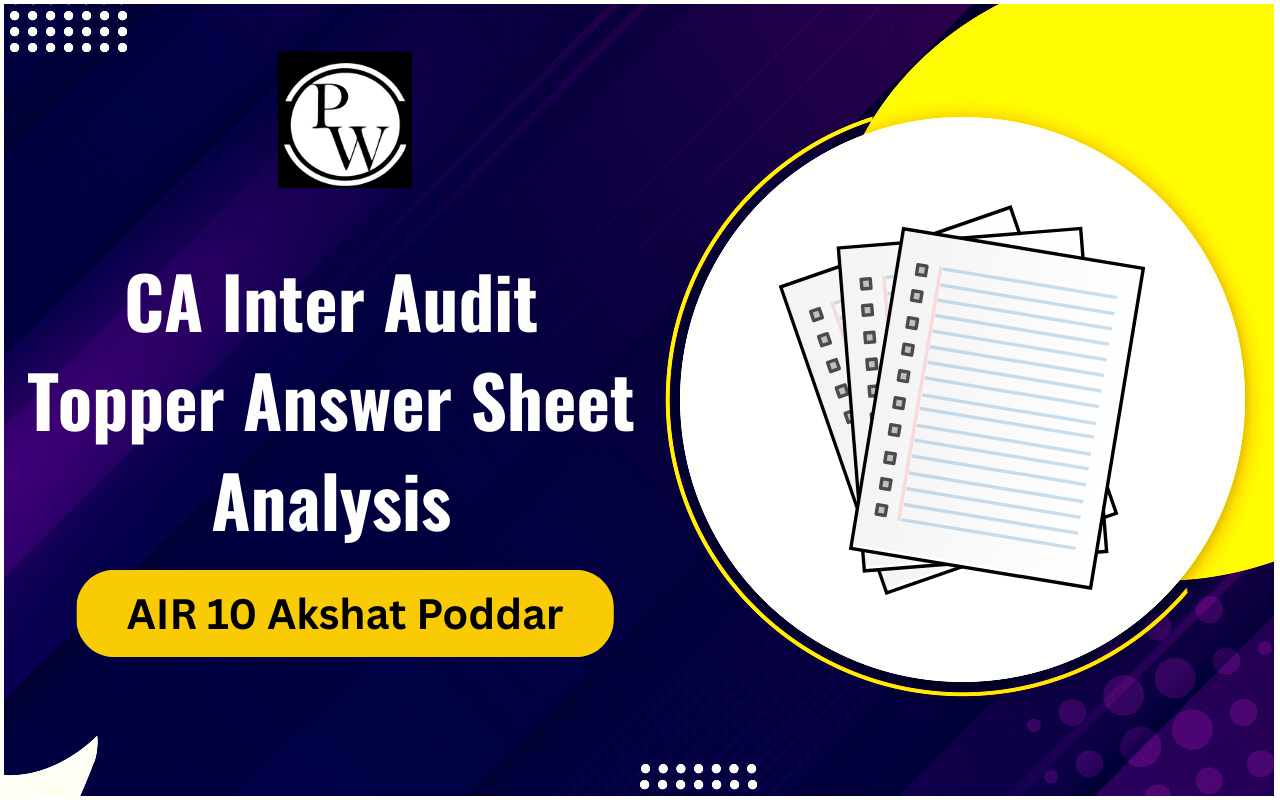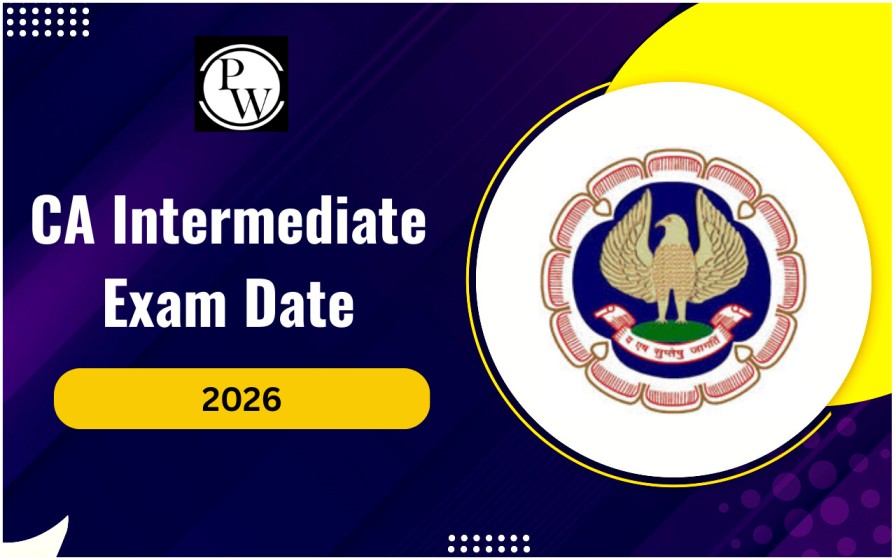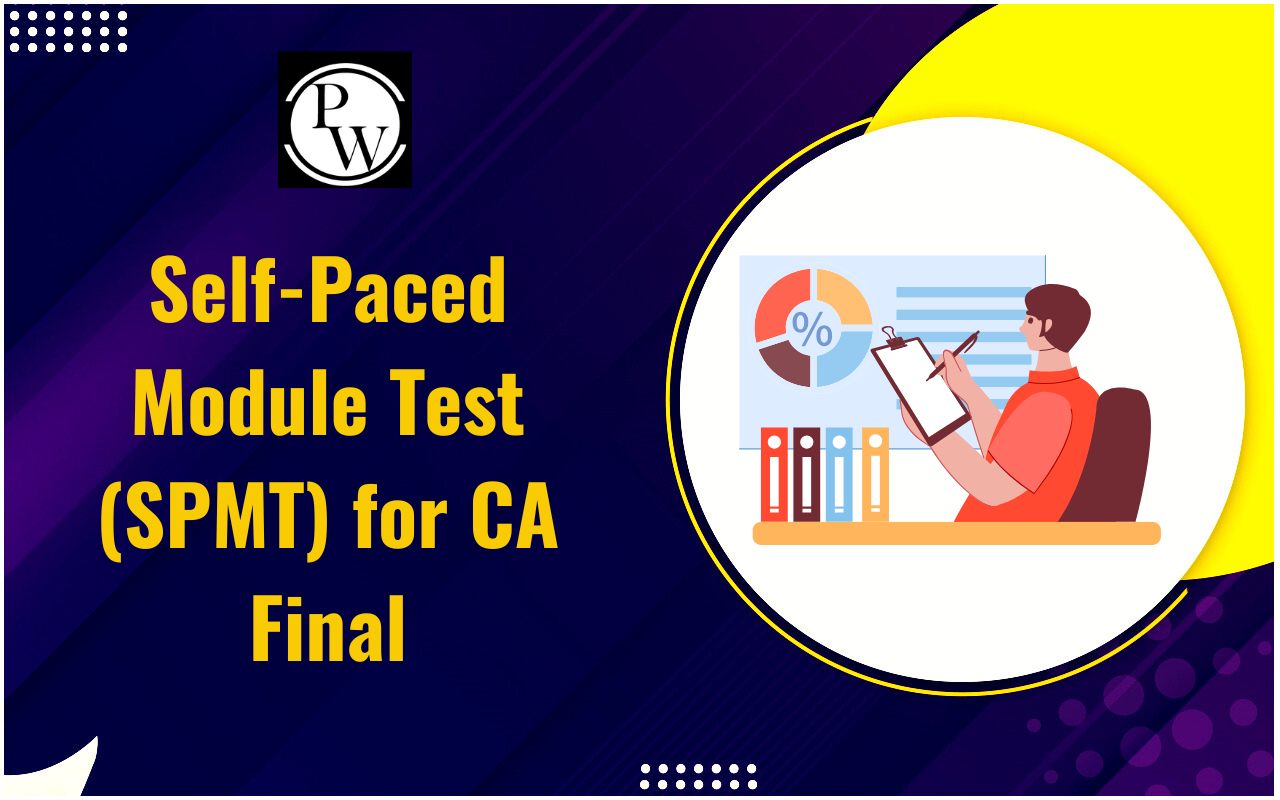
The CA Intermediate Taxation Study Plan is your ultimate roadmap to mastering one of the most dynamic and challenging subjects in the CA Intermediate curriculum. With the May 2025 exams fast approaching, it’s time to embrace a structured approach that balances conceptual understanding with effective time management.
Taxation, a subject known for its ever-evolving nature, requires not just memorization but also the ability to apply concepts practically. A well-planned study schedule can bridge the gap between mere preparation and confident performance.
CA Intermediate Taxation
The Taxation paper in the CA Intermediate curriculum is divided into two parts: Income Tax and GST (Goods and Services Tax). Each section carries equal weight, making it crucial to allocate adequate time and effort to both.
While Income Tax focuses on computation and compliance, GST covers the legal and procedural aspects of indirect taxation. Together, they form the backbone of India’s tax structure, making this subject essential for aspiring Chartered Accountants.
With the right CA Intermediate Taxation Study Plan, you can build a solid foundation, ensuring clarity in concepts and accuracy in application. The next step is to familiarize yourself with the syllabus, which is the cornerstone of any effective preparation strategy.
CA Intermediate Taxation Syllabus
The CA Intermediate Taxation syllabus is comprehensive and divided into two sections, each covering crucial aspects of taxation. Below is a concise overview of the syllabus and weightage:
| CA Intermediate Taxation Chapter Wise Weightage | |
| Chapter Name | Weightage of Marks |
| Sec-A: Income-tax Law | 60 Marks |
| Module 1 | |
| Chapter 1: Basic Concepts | 4 Marks |
| Chapter 2: Residence and Scope of Total Income | 4 Marks |
| Chapter 3: Incomes which do not form part of Total Income | 4 Marks |
| Module 2 | |
| Chapter 4: Heads of Income | 10-14 Marks |
| Unit 1: Salaries | |
| Unit 2: Income from House Property | |
| Unit 3: Profits and Gains of Business or Profession | |
| Unit 4: Capital Gains | |
| Unit 5: Income from Other Sources | |
| Module 3 | |
| Chapter 5: Income of Other Persons Included in Assessee’s Total Income | 4-6 Marks |
| Chapter 6: Aggregation of Income, Set-off, and Carry Forward of Losses | 4-6 Marks |
| Chapter 7: Deductions from Gross Total Income | 4-8 Marks |
| Chapter 8: Computation of Total Income and Tax Payable | 8-10 Marks |
| Chapter 9: Advance Tax, Tax Deduction at Source, and Introduction to Tax Collection at Source | 4-6 Marks |
| Chapter 10: Provisions for Filing Return of Income and Self-assessment | 4 Marks |
| Sec-B: Indirect Taxes | 40 Marks |
| Module 1 | |
| Chapter 1: GST in India – An Introduction | 2-4 Marks |
| Chapter 2: Supply under GST | 4-8 Marks |
| Chapter 3: Charge of GST | 4-6 Marks |
| Chapter 4: Exemptions from GST | 4-8 Marks |
| Chapter 5: Time and Value of Supply | 10-12 Marks |
| Unit I: Time of Supply | |
| Unit II: Value of Supply | |
| Module 2 | |
| Chapter 6: Input Tax Credit | 8-10 Marks |
| Chapter 7: Registration | 4 Marks |
| Chapter 8: Tax Invoice: Credit and Debit Notes; E-way Bill | 4-6 Marks |
| Chapter 9: Payment of Tax | 4 Marks |
| Chapter 10: Returns | 4 Marks |
CA Intermediate Taxation Study Plan
Creating a CA Intermediate Taxation Study Plan requires precision, discipline, and consistency. The following is how to structure your preparation effectively:
Step 1: Understand the Weightage and Prioritize Topics
Start by analyzing the weightage of various topics. For example, Income Tax sections such as Heads of Income and Deductions are often high-scoring and essential, while GST topics like Input Tax Credit and Returns require detailed understanding. Allocate more time to topics with higher weightage while maintaining balance.
Step 2: Set Realistic Goals
Divide your preparation into weekly goals. For instance, dedicate the first two weeks to Income Tax basics, followed by advanced topics. Reserve specific days for GST concepts. Ensure your goals are achievable, keeping room for revisions.
Step 3: Practice and Application
Theory is important, but practical application is the key to excelling in taxation. Solve past exam papers and mock tests to familiarize yourself with the pattern and difficulty level. Include at least two hours daily for problem-solving within your CA Intermediate Taxation Study Plan.
Step 4: Revise Regularly
Revision should be an integral part of your study plan. Dedicate one day per week exclusively for revising previously covered topics. This ensures retention and reduces the burden during the final weeks.
Step 5: Stay Updated
Tax laws are subject to frequent changes. Keep an eye on the latest amendments and notifications issued by the government or ICAI. Integrate these updates into your notes and revise them periodically.
Step 6: Focus on Presentation
Your answers in the exam must reflect clarity and precision. Practice writing answers in a structured manner, highlighting key points and adhering to the prescribed format. This can make a significant difference in scoring well.
| Also Read: |
| CA Intermediate Exam Guide for Group 1 and Group 2 |
| CA Intermediate Previous Year Question Papers |
| Tips to Master Cost and Management Accounting for CA Intermediate |
CA Intermediate Taxation Study Plan FAQs
How much time should I dedicate daily to the CA Intermediate Taxation Study Plan?
How important is the CA Intermediate Taxation exam?
Can I rely solely on ICAI study material for Taxation?
How can I effectively prepare for CA Intermediate Taxation?







